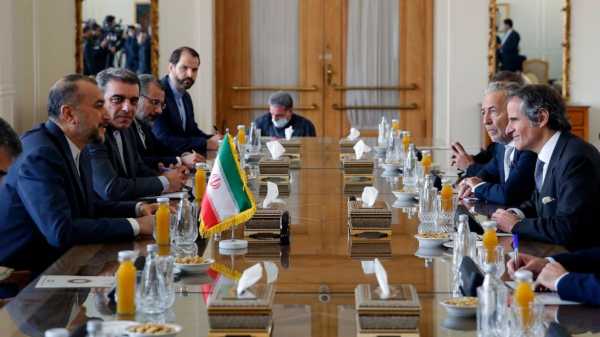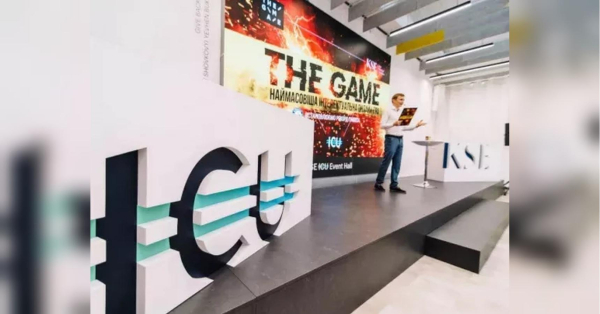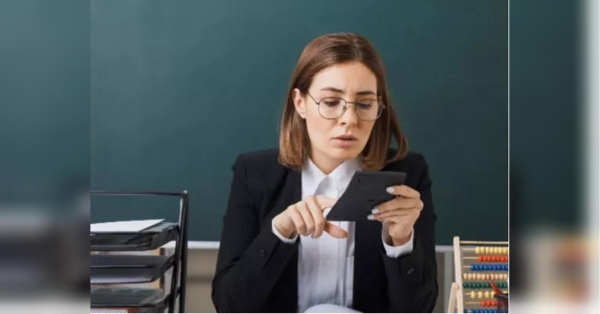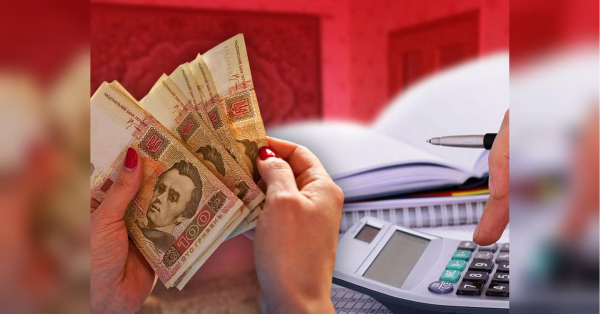
VIENNA — The head of the U.N. nuclear watchdog met with officials in Iran on Saturday, days after it was revealed that the country had enriched particles of uranium to near weapons-grade, raising new alarm over its long-disputed nuclear program.
Rafael Mariano Grossi, the head of the International Atomic Energy Agency, declined during a news conference to comment on his discussions with the head of Iran's nuclear program, saying the delegation's work was still ongoing.
Grossi later met with Iranian President Ebrahim Raisi and Foreign Minister Hossein Amirabdollahian.
A joint statement issued by the IAEA and Iran's nuclear agency after the visit only offered vague assurances that Iran would facilitate further access to inspectors and made no mention of the highly enriched particles.
The statement appeared unlikely to ease Western concerns ahead of a Monday meeting of the U.N. agency's board of governors, which could vote to censure Iran for a third time in less than a year. Iran has reacted to past rebukes by scaling up its nuclear program or curbing access for IAEA inspectors.
Earlier this week, the Vienna-based nuclear watchdog reported that uranium particles enriched up to 83.7% — just short of weapons-grade — were found in Iran’s underground Fordo nuclear site.
The confidential quarterly report by the IAEA, which was distributed to member nations Tuesday, came as tensions were already high amid months of anti-government protests in Iran and Western anger at its export of attack drones to Russian forces fighting in Ukraine.
The IAEA report said inspectors in January found that two cascades of IR-6 centrifuges at the Fordo facility were configured in a way “substantially different” to what Iran had previously declared. That raised concerns that Iran was speeding up its enrichment. The IAEA took samples the following day, which showed particles with up to 83.7% purity, the report said.
The report only spoke about “particles,” suggesting that Iran isn’t building a stockpile of uranium enriched above 60% — the level it has been enriching at for some time. But the watchdog said it would increase the “frequency and intensity” of its activities at Fordo.
Iran has sought to portray any detection of highly enriched uranium particles as a momentary side effect of trying to reach a finished product of 60% purity. However, experts say such a great variance in the purity even at the atomic level would appear suspicious to inspectors.
The chief of Iran’s nuclear program, Mohammad Eslami, acknowledged the findings of the IAEA report at the news conference with Grossi but said it did not amount to 84% enrichment. He said the “ambiguity” of the findings had been resolved.
Nonproliferation experts say Tehran has no civilian use for uranium enriched to even 60%. A stockpile of material enriched to 90%, the level needed for weapons, could quickly be used to produce an atomic bomb, if Iran chooses.
Iran’s 2015 nuclear deal with world powers limited Tehran’s uranium stockpile and capped enrichment at 3.67% — enough to fuel a nuclear power plant. It also barred nuclear enrichment at Fordo, which was built deep inside a mountain in order to withstand aerial attacks.
The U.S. unilaterally withdrew from the accord in 2018, reimposing crushing sanctions on Iran, which then began openly breaching the deal's restrictions. Efforts by the Biden administration, European countries and Iran to negotiate a return to the deal reached an impasse last summer.
The joint statement issued Saturday said Iran “expressed its readiness to continue its cooperation and provide further information and access to address the outstanding safeguards issues.”
That was a reference to a separate set of issues from the highly enriched particles.
Over the past four years, the IAEA has accused Iran of stonewalling its investigation into traces of processed uranium found at three undeclared sites in the country. The agency's 35-member board of governors censured Iran twice last year for failing to fully cooperate.
Western officials have suggested the so-called safeguards probe of the three sites could confirm longstanding suspicions that Iran had a nuclear weapons program up until 2003. Iran has long denied ever seeking nuclear weapons and continues to insist that its nuclear program is entirely for peaceful purposes.
The dispute over the safeguards probe was the main obstacle in negotiations last year to restore the nuclear agreement.
___
Krauss reported from Dubai, United Arab Emirates
Sourse: abcnews.go.com






